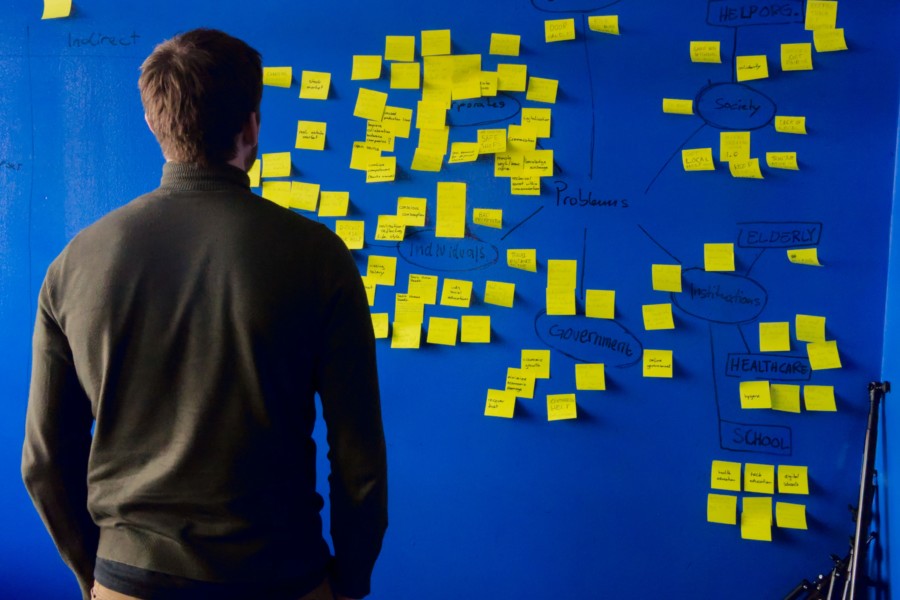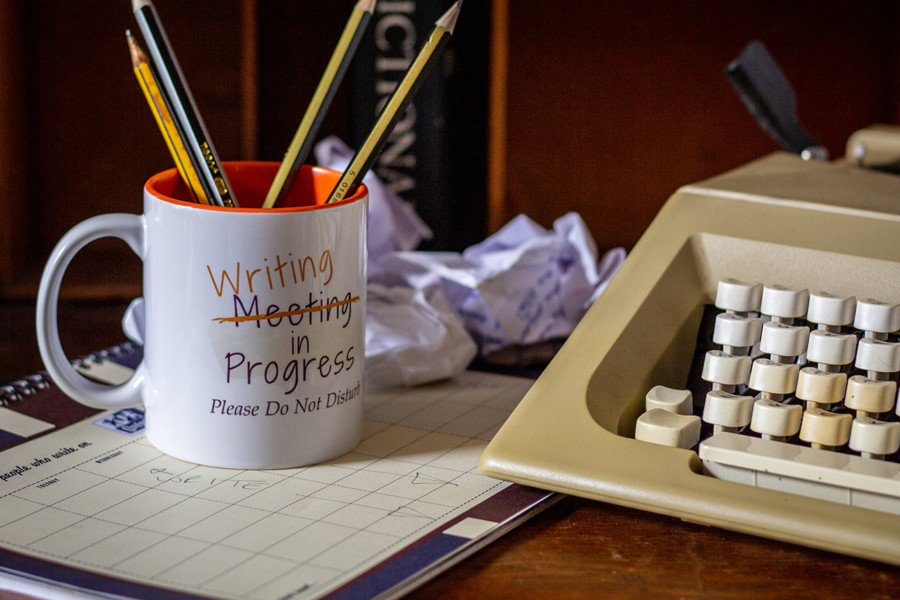Jo VanEvery, Academic Career Guide · Do you suffer from impostor syndrome? That’s one of those faux-medical terms for a Very Real Thing. You feel like you don’t really belong, you aren’t really qualified, and at any moment someone is going to find out and your whole life will come crashing down. It’s related to […]
Read More »One thing at a time?
This post is part of a series on Optimizing Focus. Finding it hard to focus is normal. Self-flagellation does not work to improve your focus. Furthermore it takes time and energy that takes you away from your writing; it is another distraction. I firmly believe that you can approach your work compassionately rather than violently. […]
Read More »It’s not too late to adjust your plans
Jo VanEvery, Academic Career Guide · It’s not too late to adjust your plans As I write this I am thinking of one person who has shared her feeling that she’s overcommitted this term, and didn’t manage to get any rest over the break, and is Never Doing This Again. I’m writing it to everyone […]
Read More »Developing A New Practice: One Year Later
Jo VanEvery, Academic Career Guide · Developing A New Practice: One Year Later I’ve been preaching the value of establishing a regular writing practice. If you are writing regularly, you will produce journal articles, books, and whatever else you need to produce. Establishing a regular practice is hard, but research shows that as little as […]
Read More »Slack: the key to successful plans
Note: This post is not about the messaging app. It’s about slack as in not tightening the rope too much, leaving a buffer or white-space, etc. During late December and early January the number of posts in my Facebook feed about planning grew considerably. And then there were the inevitable cries of frustration that something […]
Read More »Have you come down with something?
Universities bring together people from a wide range of places, each with their own strains of common viruses, and put them in close quarters. Students are perhaps not eating as well as they should, sleeping as much as they need, and partying a bit too much. You letting your own basic self-care practices slide in […]
Read More »Breathe
In the spirit of my Learned from Yoga posts, I want to draw your attention to a recent post by Aimée Morrison, Let it breathe. An excerpt gives you a flavour of the problem she addresses: When I began teaching, and for some time after, I used to try to assuage such anxieties by crowding […]
Read More »End of term chaos
My clients and participants in A Meeting With Your Writing, not to mention various people’s posts on social media, remind me that there is such a thing as End of Term Chaos. Just like Beginning of Term Chaos, this is temporary. It will pass. Is this you? Are you overwhelmed? Tired? Having difficulty focusing? Were you […]
Read More »You’ve (almost) made it
It’s December. You’ve worked hard this semester. You could really use a real break between semesters to rest and recharge. To make it more likely that you will take that break and be refreshed by it, I propose a couple of things. Tie up the loose ends on this semester so it feels finished. Have […]
Read More »You were not a typical undergraduate student
You are a good teacher. You work hard to prepare classes that will enable your students to learn. And I bet you are frequently frustrated by those who don’t seem to do their part to benefit from that hard work. They don’t do the readings. They don’t put any effort into that small assignment you created […]
Read More »Writing a research statement
A research statement is a common component of the academic job application. The purpose of this document is to give the hiring committee a sense of what you will be doing if they hire you so they can see how that fits into the department and institution as a whole. The research statement is like […]
Read More »Discomfort, triggers, and pedagogy
I got into a discussion about trigger warnings on Twitter and realized that I have something to say about this. I have no answer to the question of whether they are a good thing or not in a general sense. This post is also not a commentary on what the proliferation of trigger warnings means […]
Read More »











